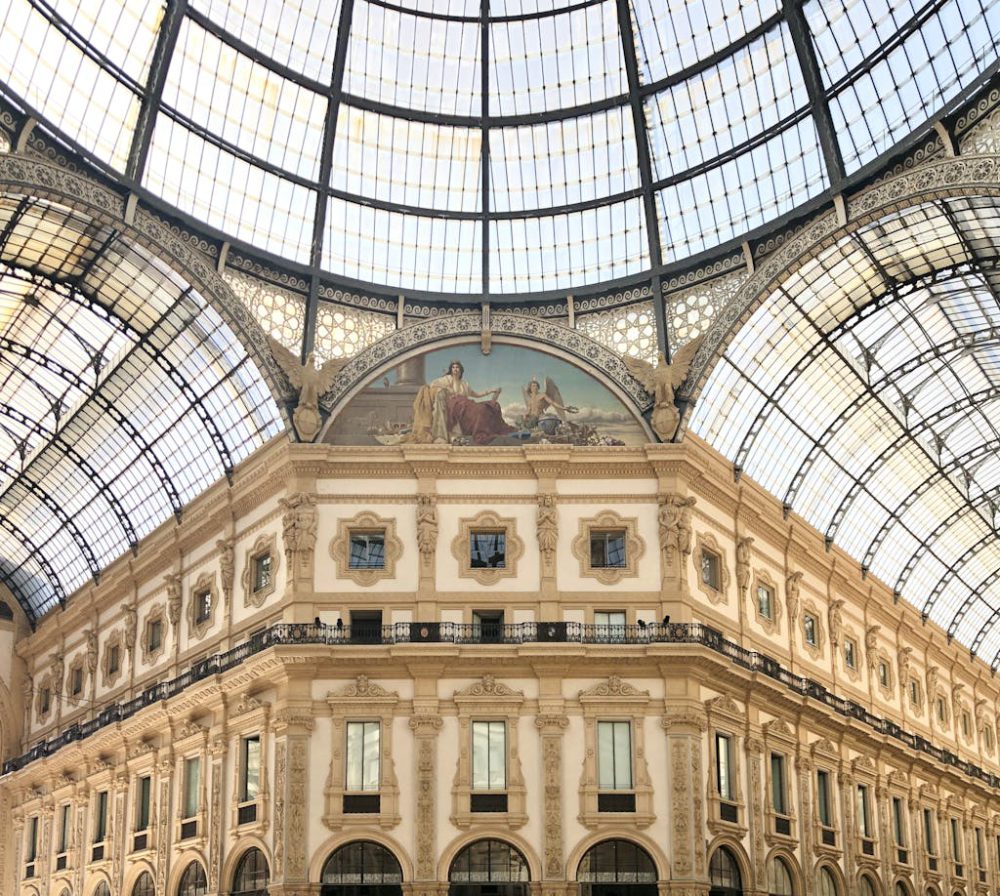The Impact of the Renaissance on Modern Culture
The Renaissance, a period of immense cultural and intellectual growth that spanned from the 14th to the 17th century in Europe, continues to influence modern culture in profound ways. This transformative era marked a shift from the Middle Ages to the modern world, laying the foundation for many aspects of contemporary society. By examining the key contributions of the Renaissance to art, science, literature, and philosophy, we can gain a deeper understanding of how this period continues to shape our world today.
Artistic Revival and Innovation
At the heart of the Renaissance was a renewed interest in classical art and culture, leading to a flourishing of artistic creativity. Artists such as Leonardo da Vinci, Michelangelo, and Raphael produced masterpieces that are still celebrated for their beauty and technical skill. The emphasis on realism, perspective, and human anatomy during this period revolutionized the art world and set the stage for the development of modern art.
The legacy of the Renaissance can be seen in the continued importance of art in society today. Museums around the world house works from this period, attracting millions of visitors each year. The idea of the artist as a creative genius, a concept that emerged during the Renaissance, continues to shape our understanding of artistic talent. The emphasis on individual expression and innovation that characterized Renaissance art is evident in the diverse range of artistic styles and movements that exist today.
Scientific Revolution and Technological Advancements
The Renaissance was also a time of significant advancements in science and technology. Scholars such as Galileo Galilei and Nicolaus Copernicus challenged traditional beliefs about the natural world, paving the way for the scientific revolution. The development of the scientific method during this period laid the groundwork for modern scientific inquiry and experimentation.
The impact of the Renaissance on modern science is profound. Many of the scientific principles and discoveries made during this period continue to influence contemporary scientific thought. The emphasis on observation, experimentation, and empirical evidence that characterized Renaissance science is still central to the scientific method practiced today. The technological advancements of the Renaissance, such as the printing press and navigational instruments, laid the foundation for the modern world of information sharing and exploration.
Literary and Philosophical Legacy
The Renaissance was a time of great literary and philosophical innovation, with writers such as William Shakespeare and Miguel de Cervantes producing works that are still revered today. The revival of classical texts and languages during this period led to a flourishing of literature that explored complex themes and ideas. The development of the printing press made it easier for ideas to be disseminated, leading to a greater exchange of knowledge and culture.
The impact of the Renaissance on modern literature and philosophy is evident in the continued relevance of its themes and ideas. The emphasis on individualism, humanism, and the pursuit of knowledge that characterized Renaissance thought continues to shape contemporary literary and philosophical discourse. The notion of the self as a complex and multifaceted entity, a concept that emerged during the Renaissance, is a central theme in modern literature and philosophy.
Cultural Influence and Global Reach
The cultural impact of the Renaissance extends far beyond Europe, influencing artistic, scientific, and intellectual developments around the world. The exchange of ideas and knowledge that occurred during this period laid the foundation for the global interconnectedness that characterizes the modern world. The legacy of the Renaissance can be seen in the diverse range of artistic styles, scientific discoveries, and philosophical ideas that exist across different cultures and societies.
The enduring influence of the Renaissance on modern culture is a testament to the power of human creativity and innovation. By celebrating the achievements of this transformative period, we can gain a deeper appreciation for the ways in which the past continues to shape the present. The legacy of the Renaissance lives on in our art, science, literature, and philosophy, serving as a reminder of the enduring impact of human ingenuity and imagination.
